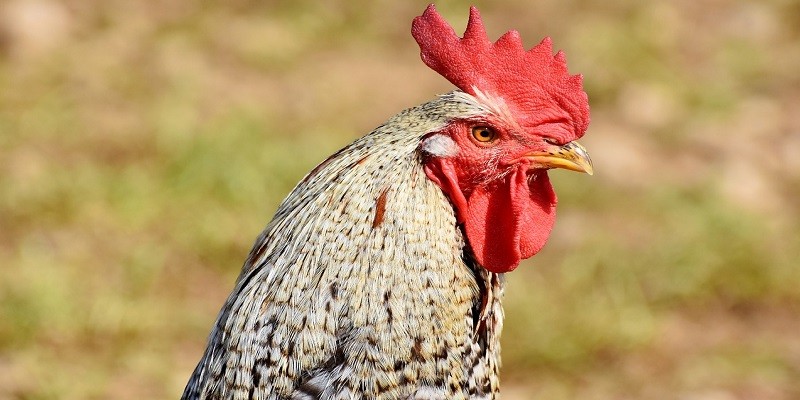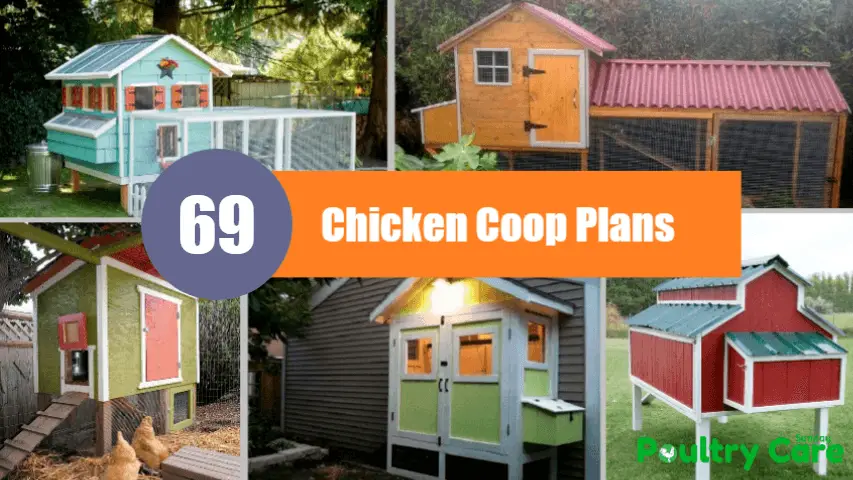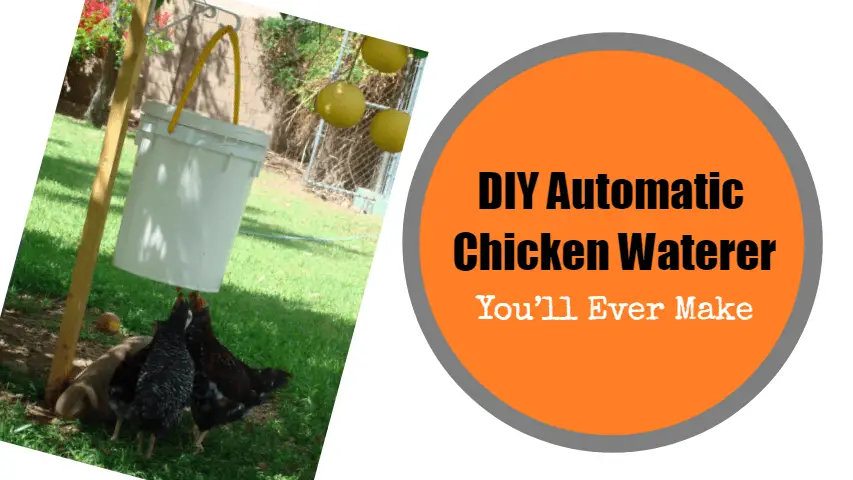Last Updated on November 1, 2023 by Pauline G. Carter
A few chicken owners have claimed that their roosters lay eggs. From our understanding, roosters are male chickens that lack the reproductive capacity to lay eggs.
So how do roosters lay eggs in these farms?
We will explore all the facts at hand and get to the root of these claims.
Let’s get started, shall we?
What is a Rooster?
The word rooster is a term used to refer to male chickens. They have a striking regal appearance great at leading the flock and fertilizing eggs. They have shiny pointy feathers, a long flowing tail, striking plumage, and bold colored combs.
The list of what the rooster can do is endless but can it lay eggs? We will find out in subsequent sections.
Can Male Chickens Lay Eggs?
No, male chickens cannot lay eggs no matter their breed. This is because they lack the necessary facilities to lay eggs; like with male humans.
Their reproductive organs are not designed for producing eggs. And just so we are clear, male chickens and roosters are the same, so the above answer applies to both.
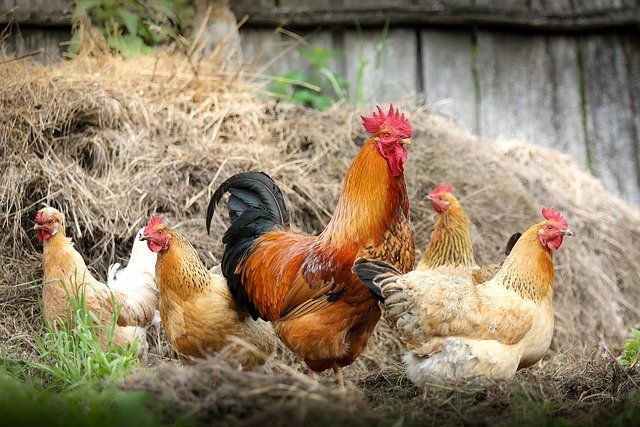
Why Can’t Roosters Lay Eggs?
Roosters cannot lay eggs because their anatomy does not support it. They do not have the vital organs needed to produce and lay eggs in simple terms. So if roosters cannot lay eggs, where do the stories about roosters laying eggs come from?
What Then Is Cock Egg?
The question “can male chickens lay eggs”? stems from the allusion to eggs laid by roosters. These eggs are referred to as dwarf eggs or cock-eggs.
However, contrary to farm owners’ beliefs, these eggs are not laid by the rooster (obviously). Instead, they are produced by hens with reproductive systems that have not fully developed.
Sometimes, cock-egg can be produced by mature hens. In this case, a small portion of their reproductive tissue breaks off and stimulates the ova to treat this tissue as a yolk. So, in essence, the cock-egg is an egg without yolk in it.
What Does the Cock Egg Look Like?
Cock-eggs have an unusual color and size from the other eggs you would find in the coop. This difference in size and color does not mean that a rooster laid them or is not safe for consumption.
Certain factors like the maturity of the hen, poor nutrition, sickness, and chicken breed can affect the physical appearance of the egg. The hen can lay eggs of unusual sizes and colors in these cases.
Do Chickens Need Roosters to Lay Egg?
No, they do not. You see, the rooster has no part in egg production. They only come in to fertilize the eggs. So if roosters do not aid in egg production, why do we need them on farms? We will answer this question in the next section.
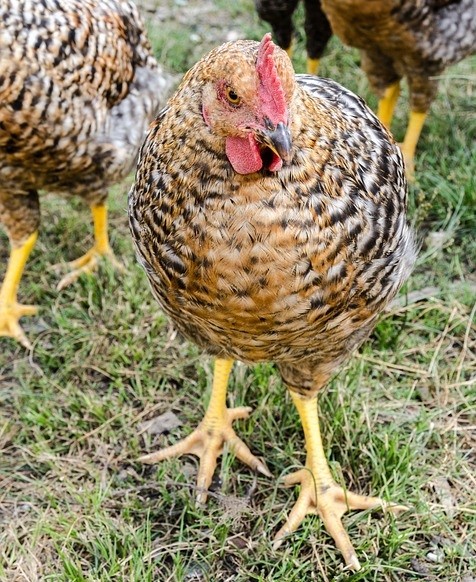
Roles of the Rooster
We have already established that roosters do not lay eggs. However, that does not mean that they are useless in the coop. Far from it, they have different uses in the coop. We will explore some of their roles below.
Provision
Roosters are expert providers; they are willing to search for food for the entire cook and what’s more, they are experts at finding the food. Therefore, you will often find the male chicken foraging the farm searching for edible things safe for consumption.
Once he has identified the food, he lets out a call to let the flock know that food is available. An interesting thing about the rooster is that he doesn’t eat until the rest of the flock has eaten. This act of selflessness endears the rooster to the rest of the coop.
Entertainment
In some ways, animals are just like us; they love to have fun and be entertained. The rooster helps bring fun to your coop, ensuring that the hens are not bored.
An example is the shuffle dance roosters do to get the attention of the hens. The more roosters you have in the coop, the more intense the dance gets.
Order
Roosters help maintain the order in the coop; in most cases, when there is no rooster, there is no order. This is because the rooster retains the order in the coop naturally and respects all the hens and weaker roosters.
He also protects the older or weaker hens from being picked on by the more dominant chickens.
Protection
Roosters are always on the lookout for dangers from air or land. Once they sight these potential dangers, they let out a warning sound that gets the flock racing for cover. The warning sound tells the flock exactly where the danger is coming from.
Tips to Help You Care for Your Rooster
Knowing all the work and effort your rooster puts into keeping your coop happy makes sense to care for them. But, of course, the quality of care you show them determines how well they execute their duties to the flock.
Book Vet Appointments for Them
Since the rooster is selfless, they are often injured in fights. And once they have an open cut, the rest of the flock will continue to peck their wounds until they become infected or die from their wounds. It is important to treat their wounds on time to prevent all of these.
Groom Them Regularly
Roosters need to be groomed regularly to look stunning and remain healthy. Trim their nails to not hurt the hens while mating; inspect them for lice and mites. You can read up tips on grooming chickens.
Provide the Basics For Your Rooster
Ensure that your rooster provides the basics (food, water, space, and a clean environment). The rooster can only thrive in an enabling environment and if they don’t have that, they will make their grievances known and loudly at that.
Conclusion
Does rooster lay eggs? You already know the answer to this question and it is no. Roosters can’t lay eggs; they only fertilize them. But, egg fertilization aside, roosters play other vital roles in your coop.
Image Source:
https://pixabay.com/photos/rooster-head-bird-animal-poultry-3607862/
https://pixabay.com/photos/chickens-birds-poultry-rooster-hen-2522623/
https://pixabay.com/photos/agriculture-animal-beak-bird-black-2642302/
About Author (Pauline G. Carter)

Pauline G. Carter is a well-known pet blogger who has written about the world of pets for several years. She is passionate about pets, from cats and dogs to birds, reptiles, and poultry. Her blog, which is updated regularly, is filled with articles and guides on pet care, nutrition, and training. She also shares her experiences and observations on pet ownership, making her blog relatable and informative for pet lovers. She is a true animal advocate and is dedicated to promoting responsible pet ownership. Let’s Go …
